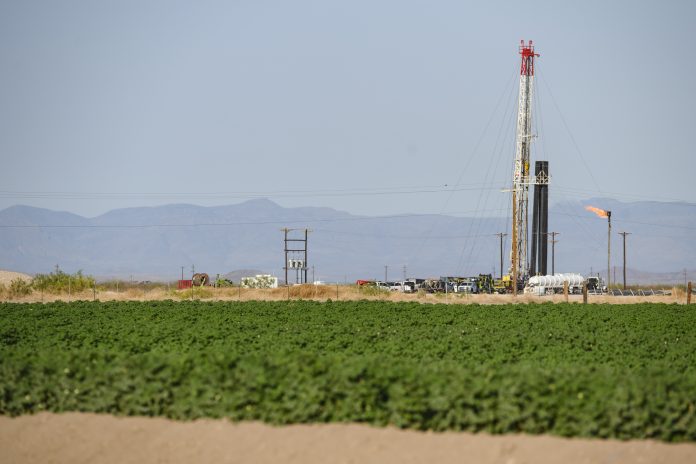Ecuador’s energy industry no longer has the importance it once did, but it is still a major player as America’s fifth-leading oil importer.
Sending 187,000 barrels a day to the U.S. in May, the jungle-swathed country on South America’s northwestern coast has lost much of its appeal to major American companies, says Produced Water Society President Steve Coffee of Fresno, Calif., who has worked there extensively.
“They have quite a bit of political instability,” Coffee said. “Every time a new leader or party comes in, things change and it takes a while to get used to it. Legal nuances can stop a lot of production.
“Vendors around the world only have so many resources, so they pick and choose what they want to put on their plate and some small countries just fall off the plate.
“Their production has been declining since 2020 and there are a lot of bigger and better places.”
The Ecuadorian government controls all the oil and natural gas production in cooperation with the national company, Petroecuador, the Spanish firm Repsol and other corporations from around the world while American service companies Halliburton, Baker Hughes and General Electric still work there.
“They’ve had oil since 1912 in the Amazon jungle with some on the coast,” Coffee said, noting that the oil “is very heavy.”
With 109,483 square miles of territory and 18 million people, the former OPEC member remains a top importer to the U.S. behind Canada, Mexico, Saudi Arabia and Colombia now that Russian oil has been banned. Ecuadorians protesting the government of new President Guillermo Lasso in June blocked roads and vandalized oil wells before Lasso reversed decades of policy by issuing a decree to open Petroecuador’s assets to private investments.
The U.S. Energy Information Administration reports that Ecuador’s oil production fell from 534,000 barrels a day in 2019 to 483,000 in 2020.
In a recent report, the U.S. State Department said Lasso’s government wants to raise production to a million barrels a day by 2028. “Given its declining and underdeveloped gas fields, the government plans to launch a tender for its Amistad offshore gas field,” the State Department said.
“Additionally, the government announced potential tenders for a southeast concession, a private operator for the Esmeraldas refinery and another to build and operate a new Euro 5 quality refinery.”
A tender is an invitation for bids.
Coffee said most of the benefits that average citizens derive are from social programs sponsored by the oil companies and their employees’ volunteer work. “It’s so enjoyable when you go there because the people are so easy to work with,” he said.
“They’re very open-armed. There can be problems if you go to Quito and the insects and wildlife are dangerous in the Amazon. The coast is quite nice.
“The biggest problem traveling through the Amazon is keeping a connection with your people in the office. It’s hit or miss till you get to the camp. You need to travel with people who have done it before and know the roads.”




